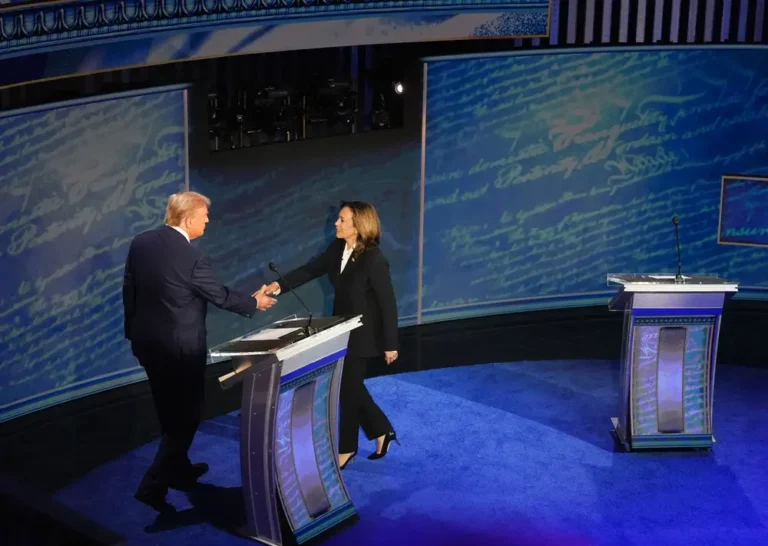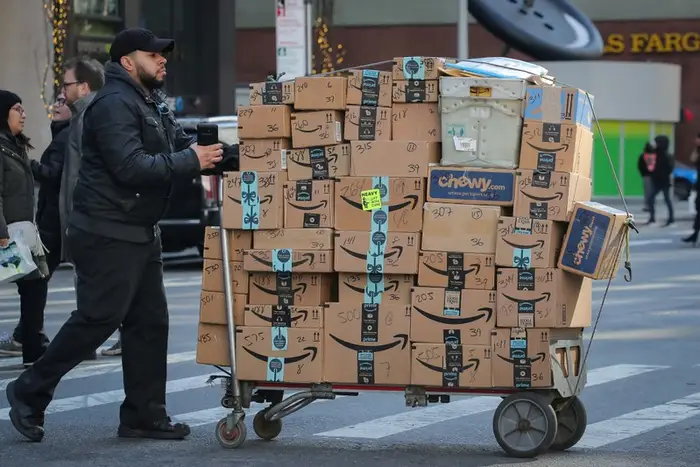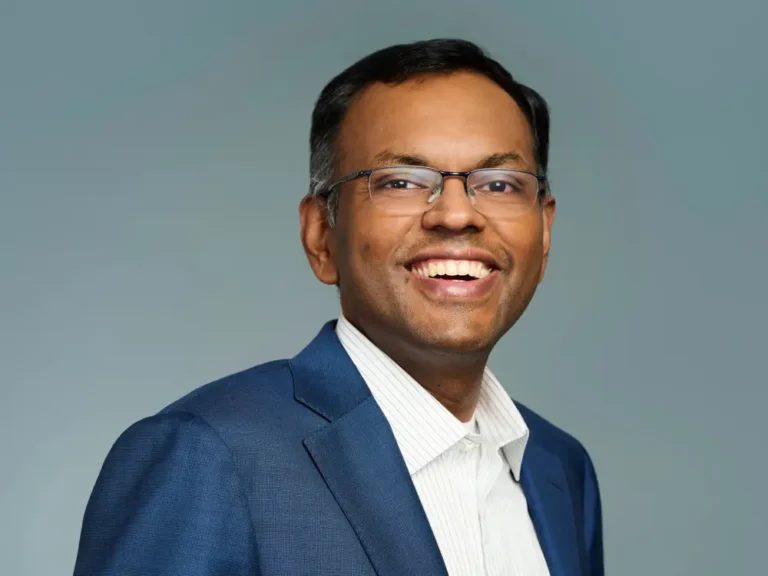AI Issues? Amazon’s Cloud Computing CEO resigns amid Industry Competition

- Adam Selipsky stepped down as Amazon Web Services CEO on Tuesday.
- Selipsky’s tenure saw slow growth rates, major layoffs, and challenges in AI.
- Matt Garman, Selipsky’s replacement, was a frontrunner for the job in 2021.
Adam Selipsky’s exit as Amazon Web Services CEO seemed inevitable to current and former employees who spoke about his departure.
Over the past few months, Selipsky has appeared inconsistently at Weekly Business Review meetings, during which teams provide updates about their performance, a person familiar with the meetings said.
“A lot of people were confused about why — the idea that Jassy wouldn’t have shown up is just crazy,” this person said. “Now it makes sense.”
Selipsky’s three years as AWS CEO were marked by mixed results.
He steered through some of the cloud business’ slowest growth rates, largest layoffs, and biggest challenges in the artificial intelligence space. At the same time, he led AWS to a record $100 billion revenue run rate as more customers accelerated spending after a post-COVID cutback.
The CEO shakeup comes as AWS trails competition in the explosive generative AI market.
“The continued growth, innovation, and profitability of AWS over the past three years speaks for itself, with AWS producing more absolute dollar growth quarter-over-quarter by our numbers so far this year than any other cloud provider,” AWS spokesperson Patrick Neighorn said in a statement provided after publication. “AWS is the most trusted partner for AI and continues to lead in the most important foundational dimensions of cloud, like operational performance, security, reliability, and the depth and breadth of our offerings.”
Projects delayed and rushed
Amazon’s AI products have faced challenges under Selipsky and some of his initiatives haven’t “panned out,” an employee familiar with the company’s product roadmap said.
Amazon’s generative AI service Bedrock was delayed after originally being scheduled to launch in the fall of 2022, the person said. Amazon has previously denied the delay.
Related stories
Meanwhile, Amazon Q, the company’s most ambitious generative AI product, launched with little time to test the chatbot properly as the team was under pressure to rush its launch, BI previously reported. Early users have pointed out its shortcomings as an AI chatbot and questioned Amazon’s “lack of leadership” in the broader AI space. An employee called the service “underwhelming.”
Garman was once considered a frontrunner to replace former AWS CEO Andy Jassy in 2021 when Jassy took over as Amazon’s CEO. At the time, insiders said Garman was the right pick for the job because he had a combination of tech-savvy and strong business acumen.
“They’re just three years late giving the right person the job honestly,” one former executive said.
Selipsky’s hiring was somewhat of a shock to many company insiders at the time, who expected an internal hire, even though Selipsky had remained close with Jassy since leaving AWS for the first time in 2016 to run Tableau.
Some insiders referred to Selipsky as “just a sales guy” and “uninspiring,” as the cloud leader faced unprecedented competition in generative AI.
‘AI fatigue’
Under Selipsky, AWS saw some of its slowest growth rates, as customers cut back on their cloud spending because of the pandemic and an uncertain economy. But in its most recent quarter, Amazon said those “cost-optimization” efforts are largely finished and it expects cloud revenue to bounce back, as AWS grew 17% year over year.
AWS also cut hundreds of jobs in early April, as part of Amazon’s broader cost-cutting campaign.
Internally, generative AI remains the biggest pressure point. Rivals Microsoft, OpenAI, and Google are racing ahead with more popular AI products, while other competitors, like Meta, are launching ambitious AI models.
Amazon has been rushing to sell more of its own AI products, and almost every team internally is working on some kind of AI project, Jassy previously said. But the constant pressure is leading to what many describe as “AI fatigue,” with burnout and attrition becoming a point of concern.
Still, all this work appears to be starting to pay off. Last month, Amazon disclosed for the first time that the company is on pace to generate “multi-billion” dollars from its AI business this year.






